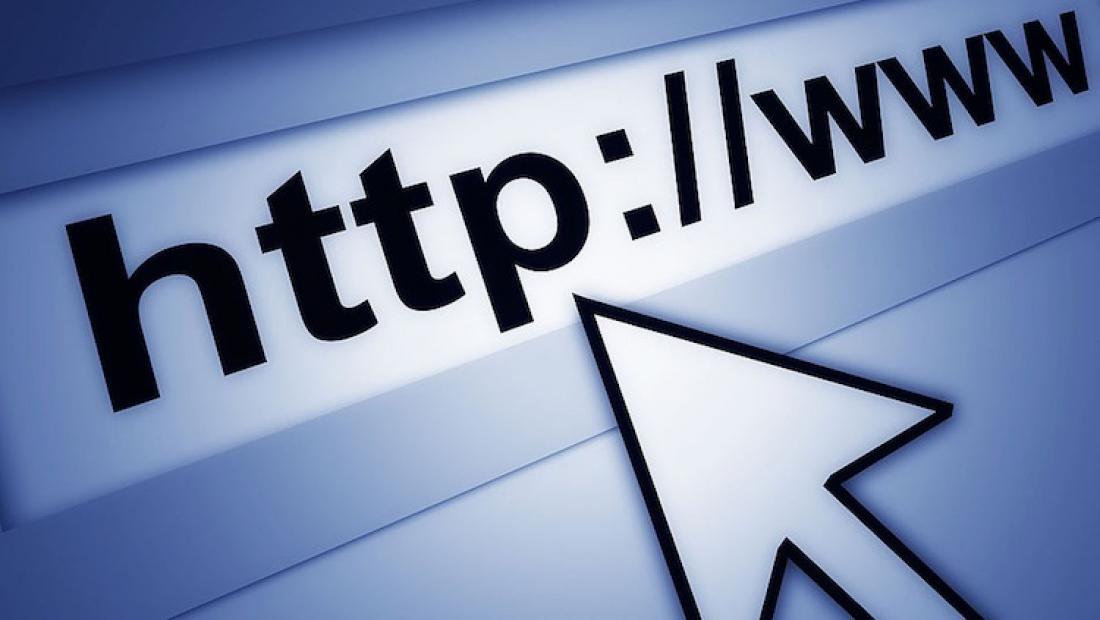ISP, Edge Groups Talk Net Neutrality Legislation

According to sources familiar with the meetings, House Energy & Commerce Republican leadership got together, both in person and by phone, with the major trade associations on both sides of the net neutrality issue Monday in a series of meetings throughout the day to discuss possible legislative pathways to clarifying the FCC’s network neutrality authority.
The associations involved, according to sources, included ISP bigwigs NCTA: The Internet & Television Association, CTIA, USTelecom, and edge provider representative, the Internet Association.
The associations were asked for, and answered with, suggestions for changes, updates, and input, or alternatives, based on a starting point of draft bills dating back a couple of years that included no blocking, throttling, or paid prioritization, though with paid prioritization language that was flexible enough not to be a blanket prohibition, say, only prohibiting “anti-competitive” or discriminatory paid prioritization.
Related: NCTA: No Need for FCC's Internet Rules
The outreach came in advance ofthe planned Sept. 7 network neutrality hearingin the House Energy & Commerce Committee.
House Republicans, saying they wanted to find consensus on a legislative path to codifying the FCC’s network neutrality authority (short of Title II), called the hearing and invited essentially all the CEOs from the 800-pound stakeholders: ISPs and edge giants.
Committee chairman Greg Walden (R-Ore.) said it was time to hear directly from the top ISPs and edge providers so they can share their positions. He said that with more than a month notice, they should be able to appear. Invited were Facebook, Alphabet (Google), Amazon and Netflix and ISPs Comcast, AT&T, Verizon and Charter.
Related: ACA: Title II Classification Must Go
Dems countered that the hearing was light—as in nonexistent—on small businesses and entrepreneurs andoffered up their own list of witnessesthat filled that bill.
But according to multiple sources, both on the Hill and lobbying it, Dems had not heard back at press time on whether any of those witnesses will be added, though they were not counting on it. If so, it would almost certainly be a second panel.
As to the ISP and edge invitees, the word was that a couple ISPs had said they would send their CEOs so long as they were not the only ones who showed up. Another had a board meeting conflict, while another said they would send a high ranking exec, but not the CEO.
Related: Net Neutrality Group Turns Focus on the Hill
On the edge side, the word was that they had no interest in sending their CEOs, though they would send a collective representative—likely Michael Beckman, president of the Internet Association—plus they suggested the committee ask small business folks like those suggested by Democrats in their witness wish list.
While both sides of the aisle could live with rules against blocking and throttling, preventing paid prioritization is where the issue gets dicey.
The meetings Monday also came as the Aug. 16 comment deadline approaches on the FCC'sproposal to roll back Title II reclassificationunder the 2015 Open Internet order and review the so-called bright-line rules against blocking, throttling and paid prioritization.
At press time, there were about 18.5 million comments, certainly a record for FCC input.
(Photo via Rock1997. Image taken on Jan. 18, 2017 and used per Creative Commons 2.0 license. The photo was cropped to fit 16x9 aspect ratio.)
Broadcasting & Cable Newsletter
The smarter way to stay on top of broadcasting and cable industry. Sign up below
Contributing editor John Eggerton has been an editor and/or writer on media regulation, legislation and policy for over four decades, including covering the FCC, FTC, Congress, the major media trade associations, and the federal courts. In addition to Multichannel News and Broadcasting + Cable, his work has appeared in Radio World, TV Technology, TV Fax, This Week in Consumer Electronics, Variety and the Encyclopedia Britannica.

